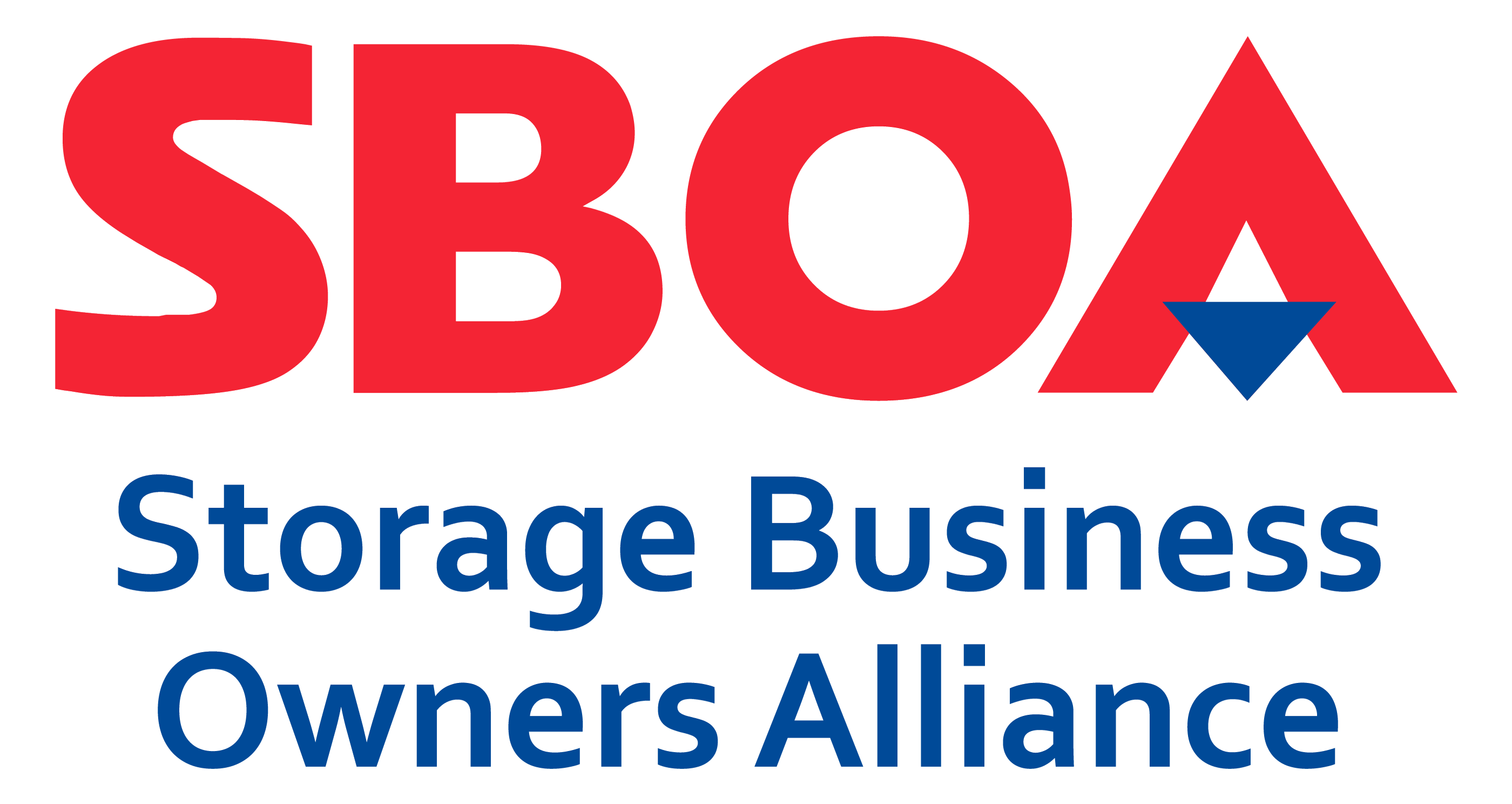As a small business owner, when it comes to running a company you wear lots of hats. You handle staff, work on new ideas and business opportunities and ultimately make sure that your customers are satisfied! Among those (and many more) important responsibilities is your small business accounting. Monitoring the financing of your company is probably one of the most impactful activities you can have as a business owner, because money can really make or break the future of your small business.
Yet successful accounting is no simple task especially if finance is not your primary context.
Successful small business accounting involves a lot of organization and a knack for process.
There are different tips of accounting for small business but most important accountant tips for small business are as follows:
- Hold A Structured System In Place
- Personal And Business Accounts Should Be Separated
- Expect The Unexpected
- Keep Clients Accountable For Invoices
- Inventory = Money
- Stay smart About Labor Costs
- Design A Lowest Monthly Profit And Budget
- Staff To Your Plans By Tracking Daily Expenditures
- Use Resources Efficiently
- Know When You Cal In A Professional
Hold a Structured System In Place
Structured system is essential for successful small business accounting. Small businesses usually have multiple accounts to keep track of and it may easily become sticky. Minimize the real estate consumed by your accounting books by switching to one site to handle your business accounts.

Having a single cloud-based system where you can obtain a snapshot of all your bank accounts and balance sheets and access them from anywhere is not just the path to the future, but a requirement for small businesses in reality. This simple step can save you a ton of time looking for relevant purchases in your accounts and even make budget choices simpler when all of the figures in front of you. Successful small business accounting required precision and careful organization so set yourself with best tools to help you stay on top of your finance for success.
Personal And Business Accounts Should Be Separated

If you operate your own organization, it is simple for the lines to blur between what’s yours and what belongs to the firm. Yet splitting business and personal spending is vital for effective monitoring of your finances. Holding your personal bank account and company bank account apart will help you maintain healthy figures to insure that you meet with the IRS when you report tax deduction for business.
Expect The Unexpected
Although financing for small businesses can be minimal, long-term preparedness for unforeseen large costs can be extremely beneficial to the enterprise. If there is one principle that is common to all business owners, it is that Murphy’s Law is very true. It seems that once an extra cost is imposed like a new computer or a fixed infrastructure, there are plenty of other expenses that collapse pipelines as well.
Keep Clients Accountable For Invoices
Even if your company constantly produce new business and attract the customers if you let your consumer slip on invoice, your handwork might not count. After all converting the paid invoices into income hold the company alive.

Inventory = Money
No matter in which sector you are in, there are certainly plenty of tools and supplies to keep the business going. You may be in the restaurant industry and have to control food costs; or you are in the property management company and have to keep track of office supplies. Whatever you’re interested in, you probably already know how important it is to control the inventory expenses.
Having a resource management process in place and ordering new product will help you to identify places where you can restrict your expenditures and can maximize cash flow.
Stay smart About Labor Costs
Employee management is one of business operation’s most challenging aspects no matter how many people you employ! It is important to keep track on payroll, wages and other associated costs to balance the books to keep your company competitive. Tip for Small Business Accounting: Hire a HR specialist or accountant to handle the accounting and strive for better management.
Design A Lowest Monthly Profit And Budget
Making a budget for your company is an important step that business owner take to improve financial accounting position in small business.
Effective business budget should include:
- Profit statement
- Loss statement
- Income statement
- Expense statement
- Cost statement

Creating a budget is difficult enough, let alone knowing that you keep up with your financial plan. The recruiting of professional accounting services for small businesses is a great way for small business owners to keep track of their finances, create expenses and still have the flexibility to concentrate their attention on other important business fields.
Staff To Your Plans By Tracking Daily Expenditures
Once you have created a strategy for your company on your own or with the aid of a small business accountant, recording your daily expenses is a normal progress on your path to success for small business.
Either you keep a record manually or through an accounting software program, you will be helped to make changes to your expenditure by being conscious of your company help you to create budget, maximize cash flow, and prediction your future profits.
Use Resources Efficiently

There are plenty of resources out there to help small businesses, including finance, with all aspects of business management. Whether you are entering the local chamber of commerce or looking to online resources for support, there are plenty of small business owners who understand the complexities of running a company — and plenty of tips to lead you towards success.
Know When You Cal In A Professional
When you have to plenty of things to handle, to put out fires and to maximize income. If you can’t give full attention to accounting, you might want to look at some possibilities for outsourcing the financial services.
Finance applies industry-specific knowledge and expertise to bookkeeping and accounting services for small businesses. Your small business has a committed accounting team of financial experts here with Finance accounting services to help you handle your income, schedule tax time, and set you up for profit and business growth.


